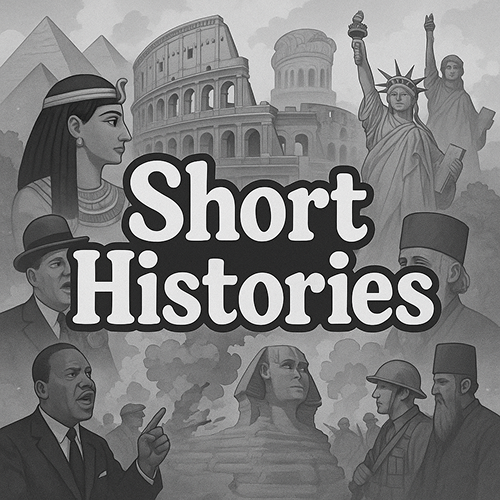It was 1796. France was broke, starving, and bleeding from the wounds of revolution. But across Europe, old monarchies were still terrified. Kings from Austria, Prussia, and Britain formed new alliances to crush the young French Republic before its rebellious spirit spread.
The French government, weak and desperate, turned to an unlikely hero: a 26-year-old general barely known outside military circles. His name was Napoleon Bonaparte. They handed him an army in Italy. Or rather, what should have been an army. The soldiers were hungry, poorly paid, and wrapped in ragged uniforms. Morale was low. Supplies were scarce. Their leaders had failed them.
But Napoleon didn’t see a broken army. He saw a spark waiting to be lit.
Italy: A Patchwork of Power
Northern Italy in the late 18th century wasn’t a unified country. It was a quilt of small kingdoms, rich merchant cities, and Austrian-controlled territories, all tangled in politics and old grudges. The roads wound through mountain passes and lush valleys dotted with vineyards, churches, and crumbling castles. Peasants tilled the fields while foreign soldiers marched across their lands, battling over borders they would never own.
It was here that Napoleon would make his mark, fast, fierce, and unforgettable.
The Lightning Campaign
Napoleon moved like no other general. Where others hesitated, he struck. His strategies were sharp, his movements unpredictable.
In a matter of weeks, he defeated Austrian and Piedmontese forces at battles like Montenotte, Lodi, and Arcole. With each victory, he gained supplies, gold, and most importantly the loyalty of his soldiers.
He spoke to his troops not as a distant officer, but as a brother-in-arms: "Soldiers, you are naked, ill-fed... but rich lands are in front of you!"
And they followed.
The Conqueror of the North
City after city fell before him. Milan, Venice, and Mantua, places that had stood for centuries, now waved the French flag. Nobles fled. Priests rang bells in surrender. Revolution followed Napoleon like a shadow. But he wasn’t just conquering land. He was spreading French revolutionary ideals: liberty, equality, fraternity. Or so he said.
In truth, Napoleon cared less about slogans and more about success. Italy became his proving ground, and Europe started to whisper his name in fear and fascination.
A Taste of Power
As victories stacked up, Napoleon began to outshine the very government that had sent him. He negotiated peace treaties on his own terms, collected art and riches, and sent them back to Paris as proof of his glory.
He was no longer just a soldier. He was a political force. A rising star too bright for anyone to ignore.
Looking Beyond the Mountains
But in Napoleon’s mind, Italy was just the beginning. The true stage lay beyond, across the deserts of Egypt, the streets of Paris, and the thrones of Europe.
He had tasted power. And he wanted more.
Next Time: Napoleon Bonaparte Part Three | The Pharaoh of the Sands
With Europe watching, Napoleon sails for Egypt. There, among pyramids and deserts, he seeks glory but finds shadows of his own ambition.
Please go back to top & scroll gently

